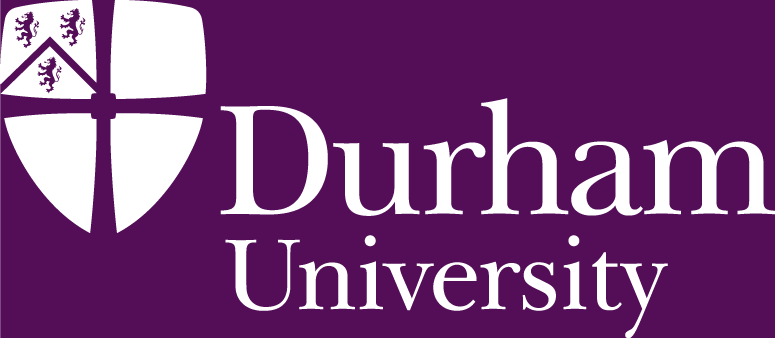
MASTER CLASS
If Only We Could Read Your Mind
Approaches to finding out what students really know
Have you ever wondered about the quality of the information we collect about what students have learned?
Common practice is to teach a group of pupils and area of the curriculum and then simply to move on to the next area, or to run a test and collect the results. In this session we will consider two key aspects of learning and assessment:
-
Why do some students seem to make much better progress than others when they have all had the same teaching?
-
How good are our assessment methods at helping us to identify the real progress that students have made?
Why do some students seem to make much better progress than others when they have all had the same teaching?
Here we will look at research into Threshold Concepts and Troublesome Knowledge. Each curriculum subject will have its own threshold concepts: these are elements which are so vital to mastery of the subject that students cannot progress without properly understanding them. We will look at:
-
What the research into Threshold Concepts has revealed
-
How Threshold Concepts are defined
-
What good assessment of Threshold Concepts must involve
How good are our assessment methods at helping us to identify the real progress that students have made?
Traditional tests tend fall into two types:
-
Tests which have correct or wrong answers (multiple choice for example)
-
Tests which assign more marks to some questions than to others
In both cases, raw marks are usually added together to give a final score. We will consider a more scientific approach to the measurement of human abilities which can provide much better measurement information.
We will look at:
-
Designing questions which probe high order learning
-
Knowing how to analyse test data appropriately
-
Constructing better measurement scales
The aim of the day is for delegates to think about the practice that currently takes place in and around schools and to reflect on different approaches that might help teachers to gain a better understanding of how effective the teaching has been.
About the Presenter


Martin Walker is involved in teaching and research into the effective use of assessment to improve learning. He has worked with Principals Academy in Singapore, delivering courses on validity in assessment and applications of test theory to schools in the region. Martin has also worked with the official regulators for testing in England, Wales, Scotland and and Northern Ireland. He advises several companies in the City of London of aspects of professional examinations in finance, banking and the pharmaceutical industry.
Martin has taught English and physics in a range of secondary schools and colleges in England, and has written numerous books on the teaching of English and English literature. As a teacher he became involved in national examinations, eventually operating at the highest level of national test development in English. During this period he noted that, “I remember thinking that we seemed simply to be making up questions and thinking that if a question felt about right, it must be good”.
With these ideas in mind, Martin studied for an MSc in educational assessment at Durham University from 2009 to 2011, leading to a PhD study of the validity of national examinations for 16 year old pupils in the UK. He helped to set up the UK Chartered Institute of Educational Assessors, and developed many of the Institute’s teaching programmes. His current interest is in exploring national education systems to examine whether what is being taught makes sense in today’s world, and whether the assessment of what has been taught provides useful information about learning.
Besides all that, Martin has climbed in large mountain ranges all over the world, still plays hockey and cricket, and you might find him singing in the bar if there is a guitar handy.
Registration Details
Topic: If Only We Could Read Your Mind
Presenter: Dr Martin Walker
Date: 10 September 2019 Tuesday
Venue: Holiday Inn Singapore Orchard City Centre
Time: 8.30am to 4.00pm
Workshop Fee: S$350.00 per participant. If the participant is attending the Asia-Pacific Educational Assessment Conference 2019, the discounted fee will be S$200.00 per participant for that particular workshop.
Fees are subjected GST and include all training materials, 2 tea breaks and a lunch.
Other Information: Registration is on a first-come-first serve basis. No refunds will be made for cancellations or in the case of absentees. The Academy accepts replacements for registered participants who are unable to attend for whatever reasons.